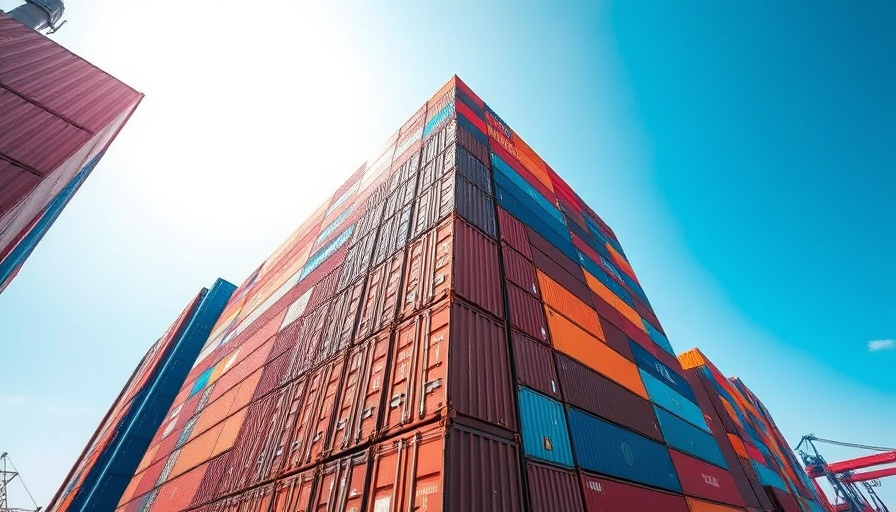
Coffee Prices on the Brink: A Brewing Crisis
The aftermath of President Trump's recent announcement to impose a sweeping 50% tariff on Brazilian goods — most critically impacting coffee imports — is reverberating across the coffee industry. As the world's largest coffee producer, Brazil's coffee exports play a pivotal role in the U.S. market, which is projected to face a surge in prices. The U.S. imported around $2 billion worth of Brazilian coffee last year, and this tariff could change consumer pricing drastically as it is set to take effect on August 1. Previously, the tariffs started at a mere 10%, reflecting an alarming escalation in trade tensions.
Understanding the Economic Ripple Effect
For every dollar spent on imported coffee, the U.S. economy benefits by $43, indicating that coffee imports significantly contribute to domestic economic health. Many coffee shops and consumers will likely face the brunt of rising prices. Lavazza Chairman Giuseppe Lavazza highlighted the potential for inflation in a market already strained by other factors, stressing that this could create a dire situation for U.S. coffee enthusiasts and local businesses alike.
The Local Coffee Scene: What to Expect
As customers might soon find their favorite cup of coffee more expensive, specialty coffee shops that focus on artisan processes could see changes in customer behavior. Cafés offering handcrafted pour over coffee and espresso tasting flights at premium coffee bars may need to adjust their pricing or offer promotions to keep loyal patrons.
Additionally, high-end coffee spots that emphasize ethically sourced beans, such as those labeled with fair trade coffee certifications, might be forced to reflect the increased costs in their menu items. Creative adaptations, like signature specialty coffee drinks paired with gourmet pastries, could become essential for maintaining patronage.
Challenges Ahead: Barriers for Coffee Producers
Despite efforts from the National Coffee Association to seek exemptions for coffee, the reality is stark: domestic coffee production is insufficient to meet demand. Locations such as Hawaii and Puerto Rico currently cannot scale up production significantly. This situation only highlights the importance of Brazilian coffee imports and raises questions on future supply chains.
What Can Coffee Lovers Do?
Coffee aficionados should prepare for potential changes in their local coffee experiences. Staying informed and connecting with your local café can provide insights regarding their sourcing practices and price changes. Exploring other gourmet coffee experiences nearby will also be vital as the coffee landscape shifts.
 Add Row
Add Row  Add
Add 




Write A Comment